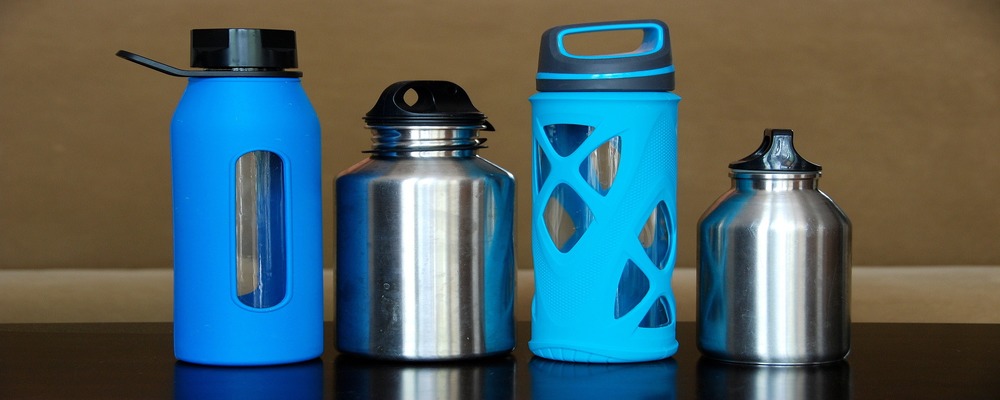
Reducing Your Foodprint in the New Year
— By Leigh Neptune, University of Maine Dietetic Intern, & Kathy Savoie, Extension Educator
As we prepare to start a fresh, new year, consider how your food choices can make a positive impact on your foodprint and the world we live in.
What is a Foodprint?
A “foodprint” is the sum of all impacts our food intake has on the environment, animals, and people. It takes many resources to produce the food we eat. Some resources include the water that is used to grow crops and carbon that is used to move foods around the world. When food is produced on a large scale, it can affect biodiversity, increase food waste, pollution, and a reliance on single-use plastic, all of which have serious environmental consequences.
How Can I Reduce My Foodprint?
There are many ways we can reduce our foodprint, including:
- Eating more plant-based meals and choosing fewer animal products. Start by incorporating one plant-based meal per day. Try recreating plant-based versions of your favorite meals.
- Shopping at your local farmers’ market or choosing products produced locally.
- Reducing food waste by eating leftovers and preserving foods before they spoil. Try to eat foods that will spoil such as fresh fruits and vegetables before foods that will stay fresh longer. If you are unable to use leftovers within three days, portion into small containers, label, and freeze them.
- Understanding dates on packaged foods. Know the difference between “best by,” “sell by,” “use by,” and “expiration.” Read more about Food Product Dating.
- Planning meals in advance. Choose meals that you’d like for the week. Consider the time it will take to cook, and how much it will make. Make a grocery list and stick to it. This will not only use less resources, but will save you time and money!
- Using reusable containers such as water bottles, coffee mugs, Tupperware, and shopping bags instead of single-use containers.
- Compost food waste if possible. Composting food scraps can help keep biodegradable items out of landfills while also nourishing the soil.
- Buying in bulk. Buying shelf-stable foods like grains, dry beans, and spices in bulk can help reduce the amount of packaging used, as well as saving you time and money.
- Growing food in a garden. Growing your own food can help reduce all aspects of your foodprint. Start small with a windowsill herb garden, or try growing greens such as lettuce, spinach, swiss chard, or kale indoors.
